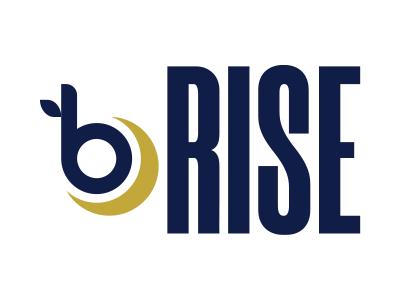As an elected member of a non-profit board, you’re responsible to provide legal and financial oversight. These responsibilities ensure that the organization is operating within its budget and is in compliance with local laws, state laws, and federal regulations. Your duties also require you to put the interests of the company above your own, and it is your responsibility to disclose any conflicts of interests.
Nonprofit boards provide guidance to non-profits by improving their strategy, culture effectiveness, efficiency, and financial sustainability. They also act as ambassadors and advocates to promote the work of the organization.
The mission of a nonprofit must be clearly communicated to its volunteers, staff supporters, constituents, and staff and communication can only happen through advocacy. A board that is passionate and committed is more likely to stay involved and help the organization grow.
The board is accountable for establishing and adhering to a budget every year, and creating policies that guide the management of employees as well as donors. The public’s trust in the non-profit is vital to its success.
Nonprofit boards are also responsible for overseeing a chief executive, who is accountable for the day-today activities of the organisation. In smaller nonprofits, it’s possible that volunteer directors serve as employees, but this model can quickly become unsustainable and hinder the board from focusing entirely on oversight and governance. To be more effective the board should assign responsibilities to committees, and the committees should report to the nonprofit boards role board.

